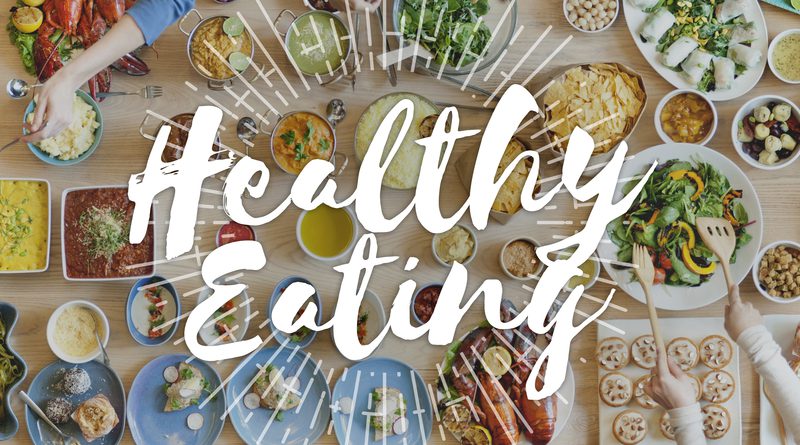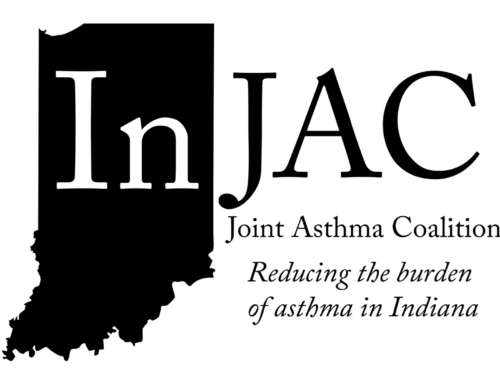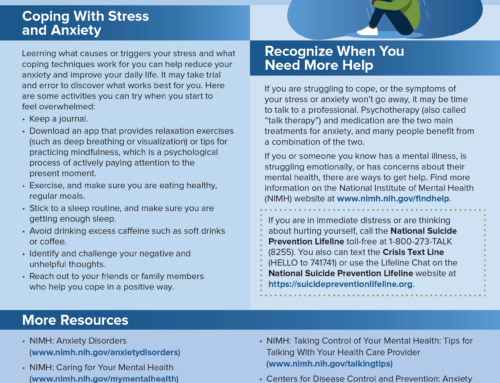Healthy Eating and Nutrition
Healthy eating doesn’t have to be overly complicated. If you feel overwhelmed by all the conflicting nutrition and diet advice out there, you’re not alone. It seems that for every expert who tells you a certain food is good for you, you’ll find another saying exactly the opposite. Check out the resources below for science and research-backed guidance on healthy eating and nutrition.
The Centers for Disease Controls and Prevention (CDC) states that a healthy lifestyle involves many choices. Among them, choosing a balanced diet or healthy eating plan. So how do you choose a healthy eating plan? Here are the whats, whys, and hows of a healthy eating plan.
Healthy eating is one of the best ways to prevent or delay health problems. Eating well, along with getting enough physical activity, can help you lower your risk of health problems like heart disease, diabetes, obesity, and more. To reach your goals, experts advise making small, gradual changes.
Fruits and vegetables are part of a well-balanced and healthy eating plan. There are many different ways to lose or maintain a healthy weight. Using more fruits and vegetables along with whole grains and lean meats, nuts, and beans is a safe and healthy one. Helping control your weight is not the only benefit of eating more fruits and vegetables. Diets rich in fruits and vegetables may reduce the risk of some types of cancer and other chronic diseases. Fruits and vegetables also provide essential vitamins and minerals, fiber, and other substances that are important for good health.
If you’ve ever tried to lose a few pounds or just stay at a healthy weight, you’ve likely encountered a dizzying array of diets, each with passionate proponents: low carb, low fat, keto, paleo, vegan, Mediterranean, and so on. Yet most nutrition experts agree on one thing: it’s best to steer clear of ultra-processed foods. Now, there’s some solid scientific evidence to back up that advice. Learn more from the National Institutes of Health.
Your diet plays an important role in your health. An unhealthy diet is one of the leading risk factors for cardiometabolic diseases, such as heart disease, stroke, and diabetes.
Eating a healthy diet can lower your risk for some of these conditions. A healthy eating plan includes vegetables, fruits, whole grains, fat-free or low-fat dairy products, lean meats, poultry, fish, beans, eggs, and nuts. It also limits how much sugar, salt, and fat you eat.
Confused by all the conflicting nutrition advice out there? These simple tips can show you how to plan, enjoy, and stick to a healthy diet.
Most of us love sweet foods and drinks. But after that short burst of sweetness, you may worry about how sweets affect your waistline and your overall health. Is sugar truly bad for us? How about artificial or low-calorie sweeteners? What have scientists learned about the sweet things that most of us eat and drink every day?
Do you have a great resource on healthy eating and nutrition?
Email us at inhealth@iu.edu to submit your resource




